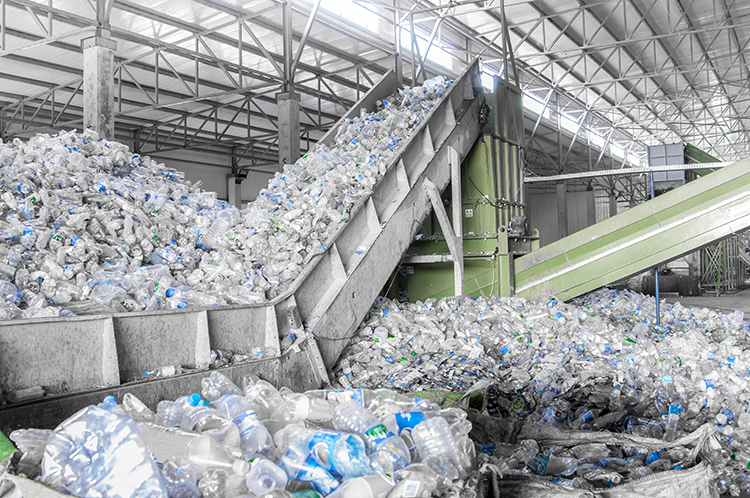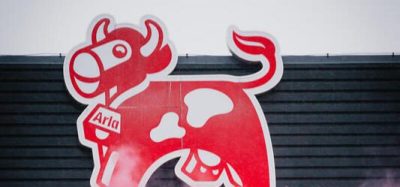PepsiCo commits to 100 percent recycled plastic for its bottles in Europe
- Like
- Digg
- Del
- Tumblr
- VKontakte
- Buffer
- Love This
- Odnoklassniki
- Meneame
- Blogger
- Amazon
- Yahoo Mail
- Gmail
- AOL
- Newsvine
- HackerNews
- Evernote
- MySpace
- Mail.ru
- Viadeo
- Line
- Comments
- Yummly
- SMS
- Viber
- Telegram
- Subscribe
- Skype
- Facebook Messenger
- Kakao
- LiveJournal
- Yammer
- Edgar
- Fintel
- Mix
- Instapaper
- Copy Link
Posted: 2 December 2020 | Joshua Minchin (New Food) | No comments yet
The soft drinks giant says that this drive towards recycled plastic will save an estimated 70,000 tonnes of virgin, fossil-fuel based plastic every year.


PepsiCo is committing to eliminate all virgin plastic from its Pepsi brand beverage bottles sold in nine European Union markets by 2022. The company says it will package the entire range of beverages under that brand with plastics recycled from post- consumer packaging (recycled polyethylene terephthalate, or ‘rPET’). PepsiCo says it will also continue its progress towards growing reuse and refill systems such as SodaStream.
The company estimates that the move to 100 percent rPET for these beverage bottles will eliminate more than 70,000 tonnes of virgin, fossil-fuel based plastic per year, and will lower carbon emissions per bottle by approximately 40 percent. In 2018, the company had announced that it would achieve 50 percent rPET usage across the EU by 2030; it has already reached 30 percent.
Technological innovations in the use of recycled plastics in carbonated drink bottles, improvements in the appearance of recycled plastic, and greater availability of recycled materials on the market have made it possible for PepsiCo to accelerate its progress.
Germany, Poland, Romania, Greece and Spain will switch to 100 percent rPET in 2021, while France, Great Britain, Belgium and Luxembourg will be at 100 percent rPET in 2022. The move applies to both company-owned and franchise bottlers in the relevant markets.
In France, Great Britain, Germany, Belgium and Luxembourg the commitment goes beyond Pepsi brands, to include all soft drinks, for example 7Up, Mountain Dew and Lipton Ice Tea. Poland and Romania will also use 100 percent rPET in Mirinda.
“We are committed to immediate action to address the plastic waste challenge. Starting with these nine markets, we are working to incorporate 100 percent recycled plastic into our beverage bottles so we can minimise our use of virgin, fossil-fuel based packaging. We will also look to go further and faster in other European markets where the conditions allow,” noted Silviu Popovici, CEO, PepsiCo Europe.
“Collaboration between all stakeholders across the EU is central to this issue. We need to design packaging to be recyclable, reduce the amount of packaging we use, and make it easy for consumers to recycle. Working with policy makers and waste management systems, we need to collect more bottles so that plastic needs never become waste. Everyone can and should play a part in developing a circular economy for plastic.”









